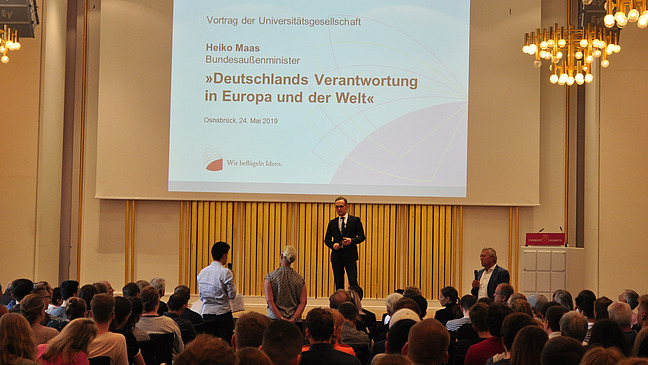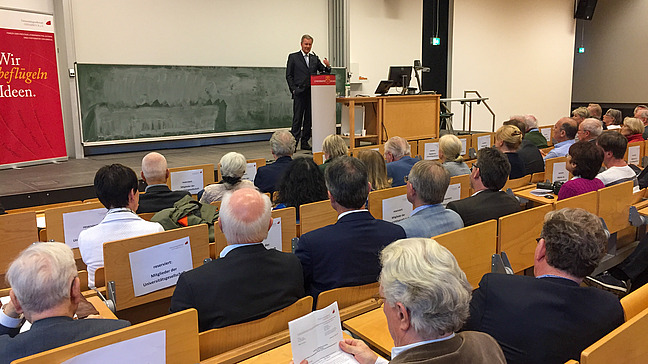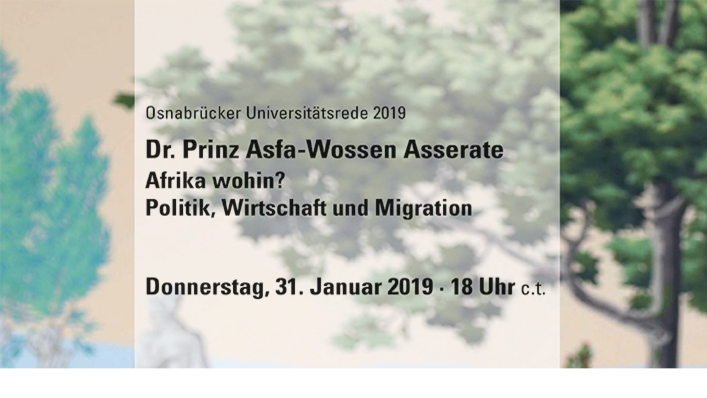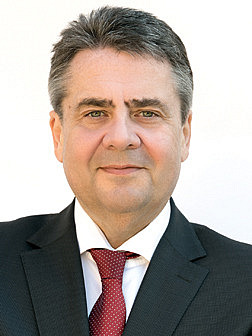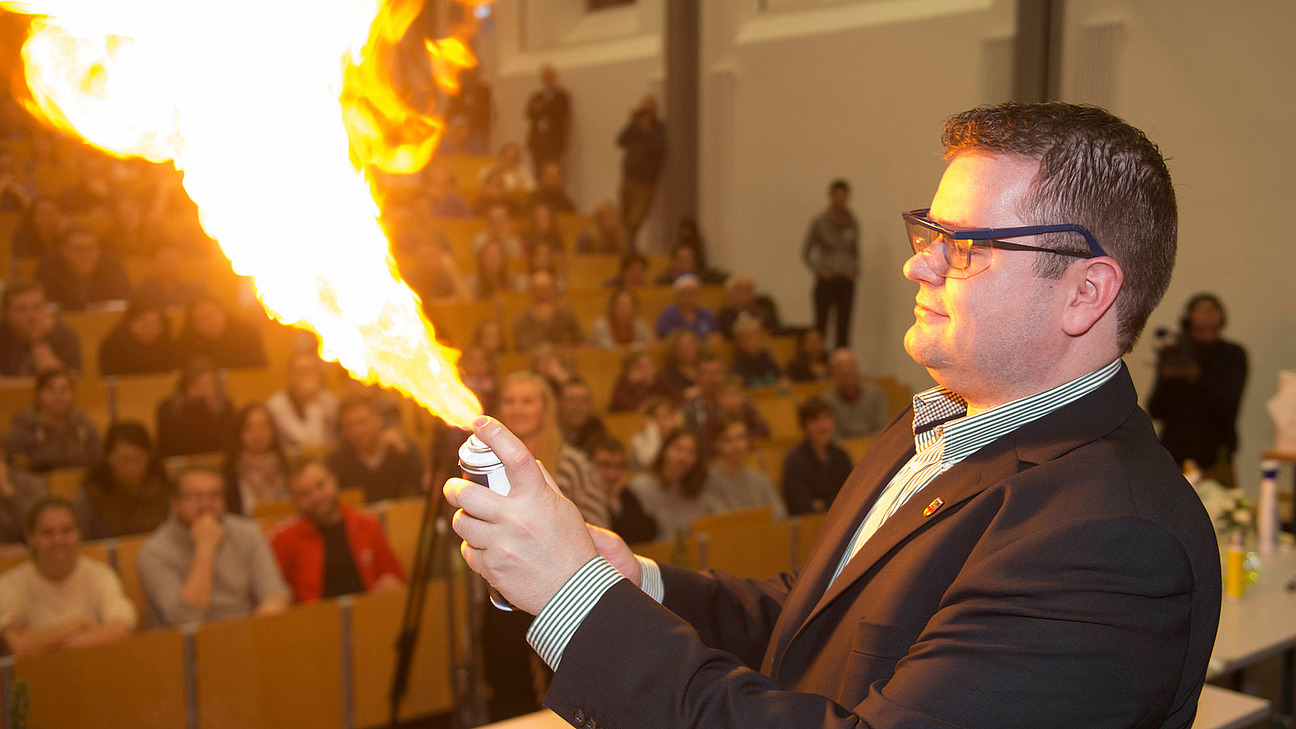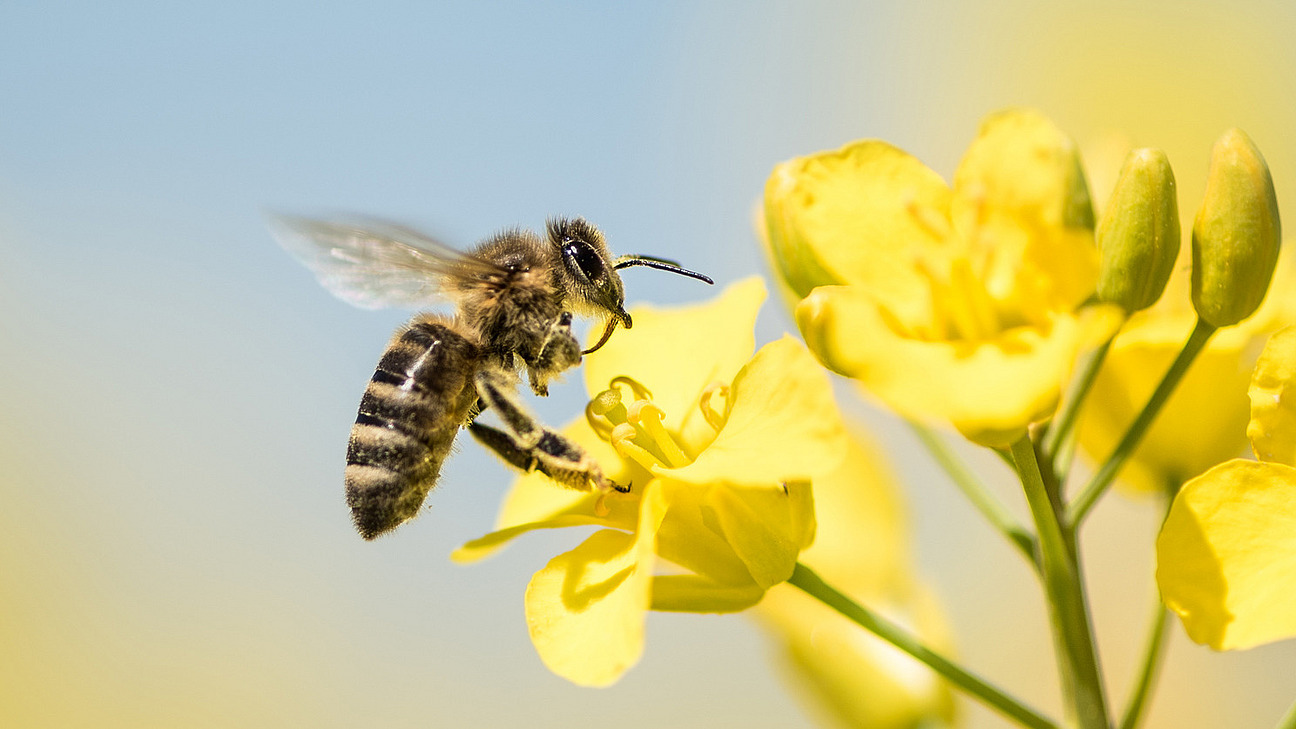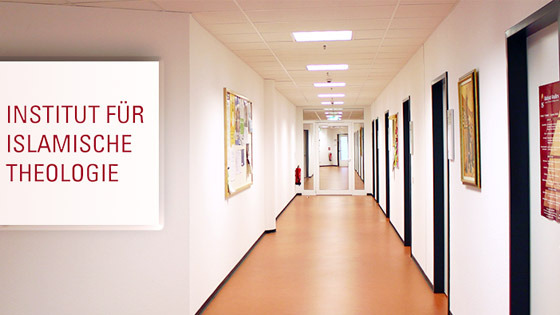Archive events
"Quo vadis Europe?" - Lecture by Sigmar Gabriel
The banking crisis, refugee crisis, Brexit and the rise of nationalism - Europe is facing huge challenges. The political, economic and social upheavals of recent years are shaking the foundations of the European community and its value system. The importance of European togetherness is increasingly being questioned and overshadowed by national aspirations. The credibility and continued existence of the European "peace project" appear to be increasingly at risk.
Under the title "Quo Vadis Europa?", Sigmar Gabriel, former Minister of Foreign Affairs and Economics, spoke about the responsibility, future prospects and challenges of the European Union in the coming years in a lecture at the European Legal Studies Institute (ELSI) on January 8, 2019 and discussed them with the audience.
The emotional life of mice - and how we can use it for biomedical research
On April 12, the University Society invited its members to the lecture "The emotional life of mice and how we can use it for biomedical research". Prof. Dr. Chadi Touma gave an exclusive insight into his research into anxiety and depression and explained the use of mice as animal models in this context.
Prof. Touma has headed the Department of Behavioral Biology at Osnabrück University since 2016. He previously worked at the Max Planck Institute of Psychiatry in Munich. With his appointment, the university has gained a renowned scientist and the school of biology has been able to expand its research profile.
During the lecture, members of the University Society were not only introduced to various behavioral tests and their importance in research into psychiatric disorders, but also had the opportunity to take a look inside the department's laboratories and were given an exclusive insight into current research in the field of behavioral biology at Osnabrück University.

